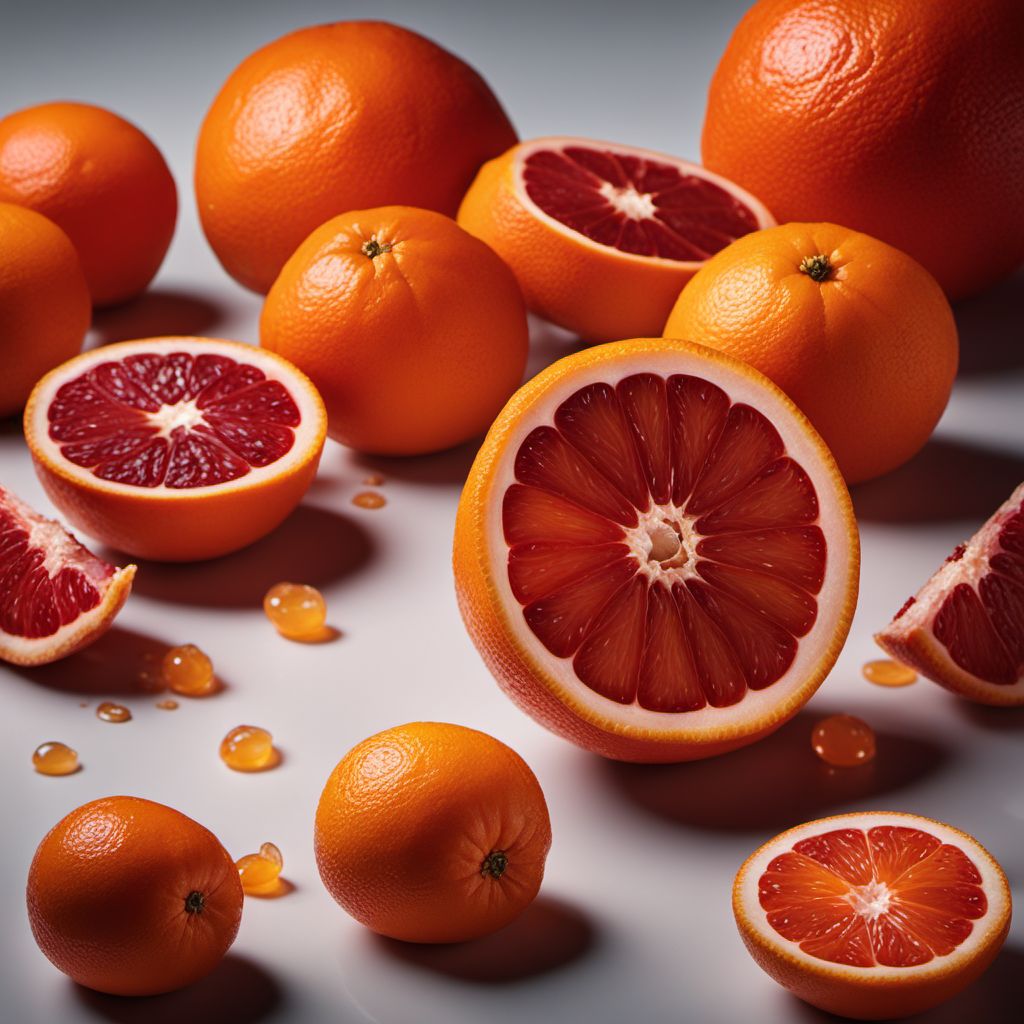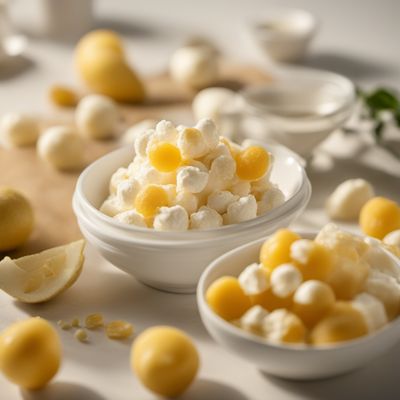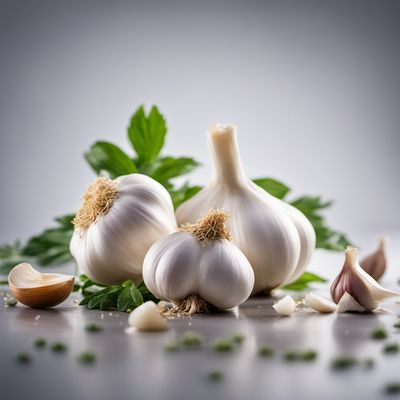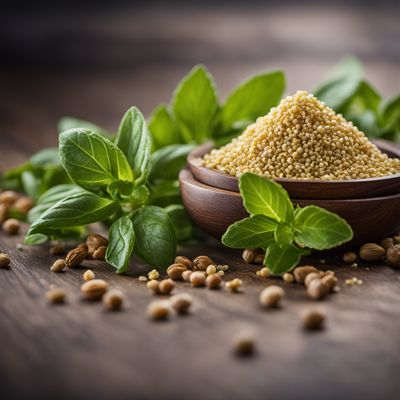
Ingredient
Blood orange flavour
Tangy Citrus Delight: Unleashing the Vibrant Essence of Blood Orange Flavor
Blood orange flavor is characterized by its deep red flesh, which is a result of anthocyanin pigments. It has a sweet and tart taste, with notes of raspberry and berry undertones. The flavor is intense and refreshing, with a hint of bitterness that adds complexity. The texture of blood orange flavor is juicy and succulent, similar to other citrus fruits. Its appearance is visually striking, with a bright red or orange peel that conceals the richly colored flesh inside.
Origins and history
Blood oranges are believed to have originated in Sicily, Italy. They were first cultivated in the 18th century and gained popularity throughout Europe. The unique red color of the flesh is attributed to a mutation that occurred naturally in the orange tree. Blood oranges have since become a staple in Mediterranean cuisine and are now cultivated in various regions around the world.
Nutritional information
Blood orange flavor is a rich source of vitamin C, providing a boost to the immune system. It also contains dietary fiber, potassium, and antioxidants, which contribute to overall health and well-being.
How to select
When selecting blood orange flavor, look for fruits that are firm and heavy for their size. The skin should be smooth and free from blemishes or mold. Choose blood oranges that have a vibrant red or orange color, as this indicates ripeness and a higher concentration of anthocyanins.
Storage recommendations
Blood orange flavor should be stored in a cool, dark place, away from direct sunlight. It can be kept at room temperature for a few days, but for longer storage, refrigeration is recommended. Wrap individual fruits in a paper towel to absorb excess moisture and place them in a perforated plastic bag to maintain freshness.
How to produce
Blood oranges can be grown in regions with a Mediterranean climate, characterized by mild winters and warm summers. They require well-drained soil and full sun exposure. Planting blood orange trees from seeds or purchasing young trees from nurseries are common methods of producing this flavorful ingredient.
Preparation tips
To extract the blood orange flavor, simply squeeze the fruit or use a citrus juicer. The juice can be used in a variety of recipes, including cocktails, marinades, dressings, and desserts. The zest of the blood orange can also be used to add a burst of citrusy aroma and flavor to dishes. When using the zest, make sure to only grate the outer colored layer, avoiding the bitter white pith underneath.
Culinary uses
Blood orange flavor is commonly used in beverages such as cocktails, mocktails, and fruit punches. It adds a refreshing twist to salads, vinaigrettes, and marinades. The juice and zest can be incorporated into desserts like cakes, tarts, sorbets, and marmalades. It pairs well with seafood, poultry, and pork, enhancing the flavors of savory dishes.
Availability
Blood oranges are commonly cultivated in Mediterranean countries such as Italy, Spain, and Morocco. They are also grown in California and Florida in the United States.
More ingredients from this category » Browse all

Strawberry yoghurt flavour
The Delightful Tang of Strawberry Yoghurt

Cream flavour
The Essence of Cream

Quark flavour
The Creamy Delight: Exploring the Flavors of Quark

Herb & garlic flavour
Aromatic Harmony: Unveiling the Magic of Herb & Garlic Infusion

Macadamia flavour
"The Nutty Elixir: Unveiling the Delightful Macadamia Flavor"

Artichoke flavour
"The Delicate Essence: Exploring the Subtle Flavors of Artichoke"

Tangerine flavour
The Zesty Essence: Tangerine Flavour

Zabaglione flavour
"Velvety Delight: Exploring the Irresistible Zabaglione Flavour"

Hot & spicy flavour
Fiery Sensations

Herbs flavour
The Essence of Nature

Tequila flavour
The Spirit of Agave

Nutella flavour
Decadent Hazelnut Chocolate Delight